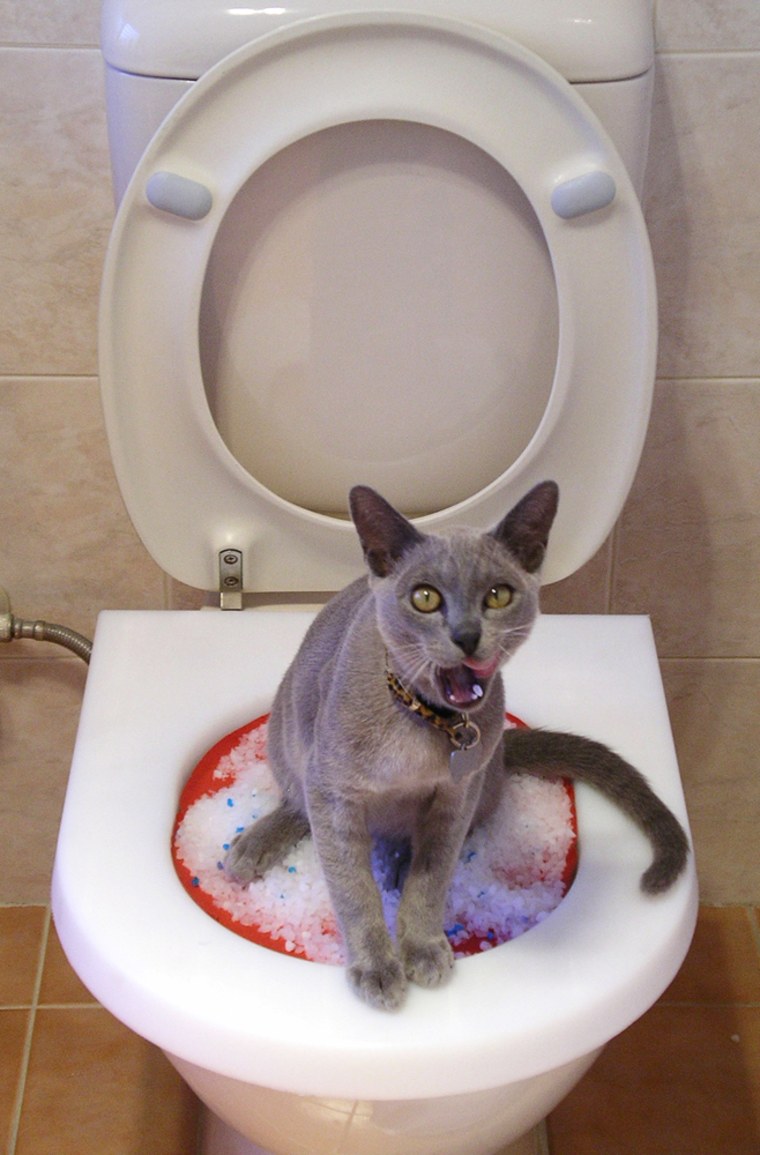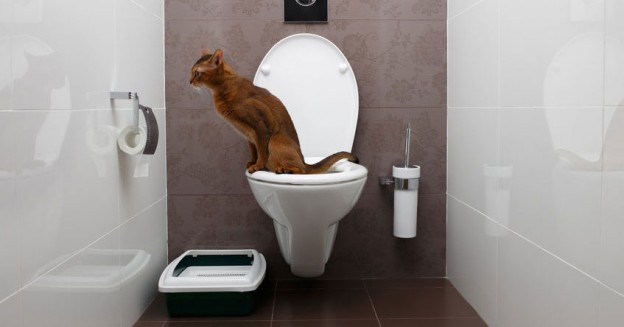The publisher is making a few great points on the subject of How to Dispose of Cat Poop and Litter Without Plastic Bags in general in the content further down.

Intro
As pet cat owners, it's important to bear in mind how we throw away our feline close friends' waste. While it might seem convenient to flush pet cat poop down the bathroom, this method can have destructive consequences for both the environment and human health.
Ecological Impact
Flushing pet cat poop introduces unsafe microorganisms and bloodsuckers right into the water supply, positioning a substantial danger to water environments. These pollutants can adversely affect aquatic life and concession water quality.
Health Risks
In addition to ecological issues, flushing pet cat waste can additionally present wellness threats to people. Feline feces might contain Toxoplasma gondii, a bloodsucker that can create toxoplasmosis-- a possibly serious health problem, especially for pregnant females and individuals with weakened immune systems.
Alternatives to Flushing
Thankfully, there are more secure and a lot more responsible ways to dispose of feline poop. Think about the adhering to options:
1. Scoop and Dispose in Trash
One of the most typical approach of taking care of pet cat poop is to scoop it into an eco-friendly bag and toss it in the garbage. Make sure to utilize a specialized clutter scoop and get rid of the waste immediately.
2. Usage Biodegradable Litter
Go with biodegradable pet cat clutter made from materials such as corn or wheat. These litters are environmentally friendly and can be safely taken care of in the trash.
3. Bury in the Yard
If you have a yard, take into consideration hiding cat waste in a marked area far from vegetable gardens and water sources. Be sure to dig deep enough to avoid contamination of groundwater.
4. Install a Pet Waste Disposal System
Buy an animal garbage disposal system particularly made for feline waste. These systems use enzymes to break down the waste, lowering odor and environmental effect.
Verdict
Accountable family pet possession extends past supplying food and shelter-- it additionally entails correct waste administration. By refraining from flushing feline poop down the toilet and going with different disposal techniques, we can decrease our environmental impact and shield human wellness.
Why You Should Never Flush Cat Poop Down the Toilet
A rose by any other name might smell as sweet, but not all poop is created equal. Toilets, and our sewage systems, are designed for human excrement, not animal waste. It might seem like it couldn’t hurt to toss cat feces into the loo, but it’s not a good idea to flush cat poop in the toilet.
First and foremost, assuming your cat uses a litter box, any waste is going to have litter on it. And even the smallest amount of litter can wreak havoc on plumbing.
Over time, small amounts build up, filling up your septic system. Most litter sold today is clumping; it is made from a type of clay that hardens when it gets wet. Ever tried to scrape old clumps from the bottom of a litter box? You know just how cement-hard it can get!
Now imagine just a small clump of that stuck in your pipes. A simple de-clogger like Drano isn’t going to cut it. And that means it’s going to cost you big time to fix it.
Parasitic Contamination
Believe it or not, your healthy kitty may be harboring a nasty parasite. Only cats excrete Toxoplasma in their feces. Yet it rarely causes serious health issues in the cats that are infected. Most people will be fine too if infected. Only pregnant women and people with compromised immune systems are at risk. (If you’ve ever heard how women who are expecting are excused from litter cleaning duty, Toxoplasma is why.)
But other animals may have a problem if infected with the parasite. And human water treatment systems aren’t designed to handle it. As a result, the systems don’t remove the parasite before discharging wastewater into local waterways. Fish, shellfish, and other marine life — otters in particular — are susceptible to toxoplasma. If exposed, most will end up with brain damage and many will die.
Depending on the species of fish, they may end up on someone’s fish hook and, ultimately on someone’s dinner plate. If that someone has a chronic illness, they’re at risk.
Skip the Toilet Training
We know there are folks out there who like to toilet train their cats. And we give them props, it takes a lot of work. But thanks to the toxoplasma, it’s not a good idea.

We had been brought to that report about How to Dispose of Cat Poop and Litter Without Plastic Bags through someone on a different domain. Sharing is good. One never knows, you may just be doing someone a favor. We appreciate reading our article about How to Dispose of Cat Poop and Litter Without Plastic Bags.
Browse Our Site